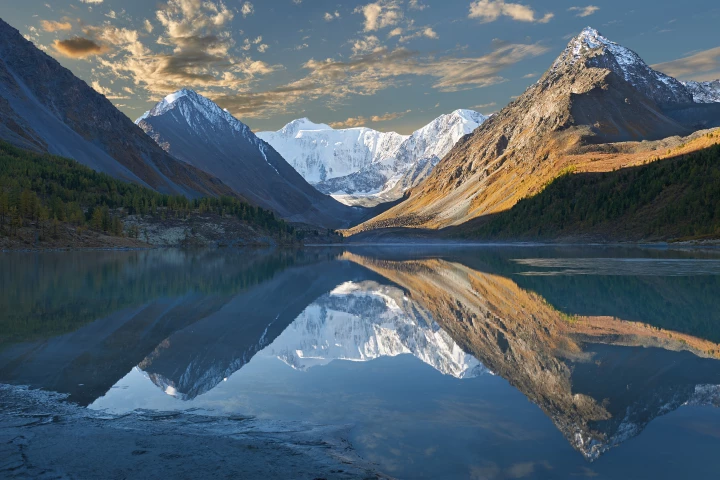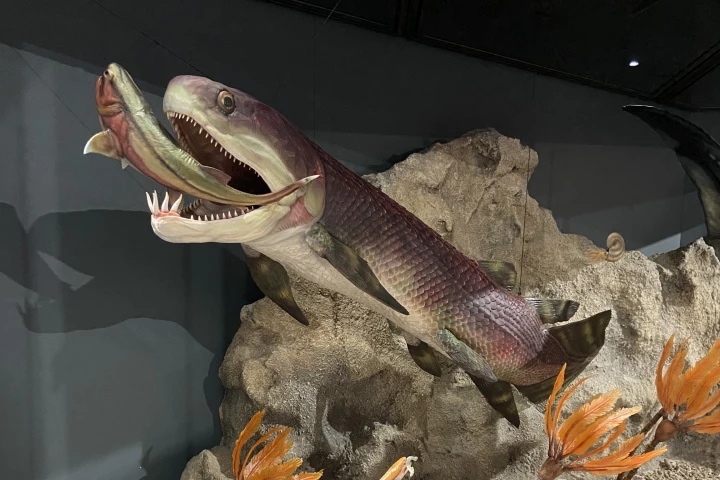Curtin University
-
Humans have been getting infected by ancient bacteria and viruses for at least 37,000 years. Now, for the first time, pathogen DNA has uncovered a pivotal disease "turning point" that happened 6,500 years ago, which would forever change our lives.
-
For the first time, scientists have pieced together the diverse diet of a sauropod species, using advanced technology to assess the fossilized stomach contents that make up the dinosaur's last meal, which took place around 95 million years ago.
-
Men who carry two copies of a common genetic variant are twice as likely to develop dementia than women with the same mutations. This discovery may now lead to early detection and novel interventions to block how these variants impact the brain.
-
A new study has evaluated 15 activities that protect and boost mental well-being. While most of the everyday activities looked at boosted well-being, the ones that produced the largest effect were free and easy to do.
-
Scientists have discovered the world’s oldest known meteorite impact crater in Western Australia. It has been dated to about 3.5 billion years ago, at a time when these almost literally Earth-shattering events should have been occurring regularly.
-
Using ultrasonic waves and a salt bath, a research team has altered the surface of glass. The brand-new method may lead to glass made without the use of harsh chemicals for self-cleaning windshields, germ-busting surfaces, or maybe even better beer.
-
A study has found excessive social media use has little to no association with depression, anxiety and stress. However, another study found that men risk developing unhealthy obsessions with physique if they place too much importance on likes and comments.
-
A new study of ancient detrital zircons from inland Australia has found the first evidence that the Earth has had fresh water and dry land four billion years ago, much longer than previously thought. In fact, 500 million years further back in time.
-
Sadly, there's no magic bullet for chronic back pain (yet). However, a new treatment that tackles both psychological and physical limitations has had a remarkable impact on pain relief and mobility, and now therapists hope to roll it out worldwide.
-
New modeling from researchers at Curtin University has simulated 300 million years of tectonic plate movement to predict the formation of a supercontinent called Amasia. The modeling estimates the Pacific Ocean closing and America colliding with Asia.
-
Soft tissues don’t fossilize well, so scientists have to infer organ anatomy from bones. But an unexpected treasure trove of new information has been discovered in Australia, with a 380-million-year-old fish fossil preserving the oldest heart ever found.
-
Geologists claim to have discovered a long-term cycle that may link the formation of Earth’s continents to our travels through the galaxy. The team claims a correlation between increased comet impacts and Earth crossing the galactic spiral arms.
Load More











